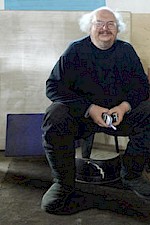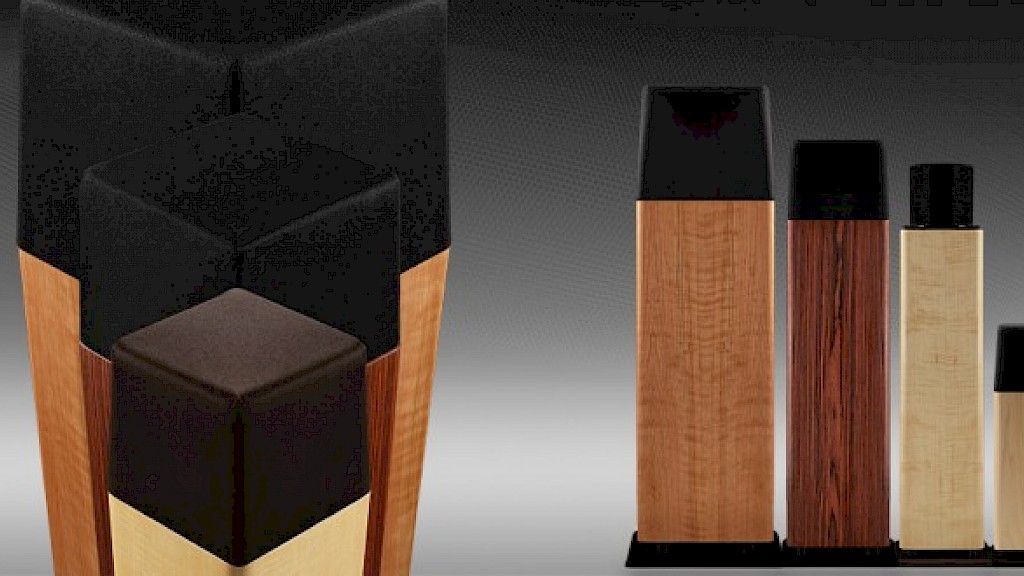Can Ears Be Trained – And If So, How?
Nearly everybody who is seriously interested in “Hi-Fi” or music reproduction has had the experience of listening with someone who “hears” more. Can we train our ears to hear what those folks experience, or are we doomed to our own lesser abilities? Or are they making it up?
First, let me say that I believe that most of what people say that they hear, they genuinely do hear. They are not charlatans. But, they also understand that a great deal of hearing is knowing what to listen for. Those are cues; cues that can be taught, understood, and anticipated. Experience is everything here. As in wine, art appreciation or literature, the more experience you have, the greater is your ability to evaluate what’s in front of you.
Let’s start with “live,” unamplified voice. Your ears are already trained to pick up very small differences even in the same voice. Examples are everywhere and we hear all kinds of things in them. For instance, on a telephone call, we know when the person at the other end is angry, excited, sad, etc. We don’t need expensive reproduction equipment to decipher these things; we’ve had enough experience that we pick up some very subtle clues in tone, pitch, volume, timing and other variables. If you listen to vocal recordings, over time, you can pick up the same kind of cues. Not necessarily the emotional state of the performer, but the character of the music and of the recording.
Those are the things to listen for both in recordings and in live-performance music. For many, truly live music is getting harder to find. Most performance venues use sound reinforcement systems. The spaces are big to sell many tickets; to pay the overhead and performers. There are small venues that have performances of chamber music, jazz and soloists. Music schools often have recitals where you can listen up-close and personal. Restaurants sometimes have live background music that is truly live since they are not trying to be heard above the conversation. Bars often have live music performances but they are usually amplified to be above the conversations.
Get to know some great recordings almost note for note. Make it a variety of genres, but pay particular attention to vocals. Listen to them on the best speakers you can find. These do not have to be dramatic recordings like I discussed in Demo Disks Make Your System Sing; just very natural, well-recorded performances. Samplers are often good sources, as the record publishers are proud of the cuts included in samplers. Read record reviews of music you would enjoy hearing time after time. The reviewers will point out spots of exceptional performances.
In New York, we are lucky to have several venues, varying greatly in size, where truly live music is performed regularly: from large spaces like Carnegie Hall, to churches with music series, to Juilliard with many free recitals. I have been able attend a live performance and return home to play the same piece by the same orchestra even recorded in the same hall. How does the recording’s sound differ from the “live” experience? That’s training your ears.
If you love music and are in the audio reproduction business, there can be a downside. I rarely go to concerts that use sound reinforcement – and that now includes a lot of Broadway. In places where sound reinforcement is used, I find myself evaluating the SR system rather listening to the music. However, in the very rare cases when the sound system is so tightly integrated into the performance they become one event, the impact can be wonderful.
So, yes, ears can be trained. The easiest, best, and probably most enjoyable way to train them is to listen to music. Listen as much and as often as you can. Compare in your head a live performance with a recorded version. What are the differences? Is the recording muddy? Does it have too much bass? Are the high frequencies brittle? Does the voice sound like its coming through a megaphone?
The more you listen, the more you will hear!
Enjoy and Good Listening,
John
Subscribe to Ohm News & Views to get the latest posts in your inbox
John Strohbeen Author
John Strohbeen was the President and Chief Engineer of Ohm Acoustics from 1978-2023.


